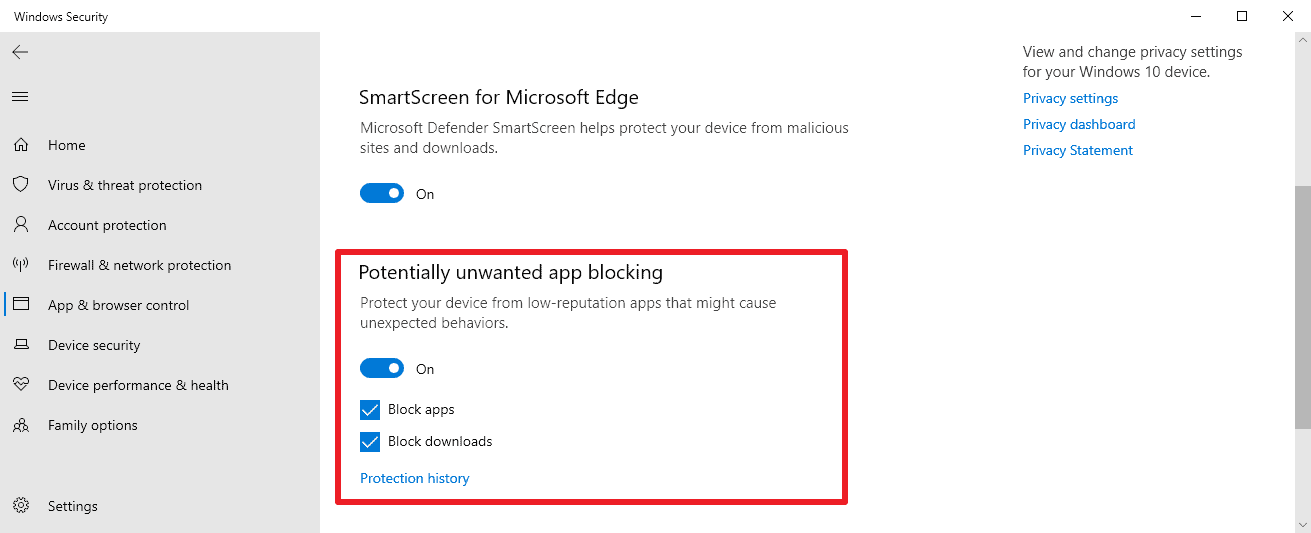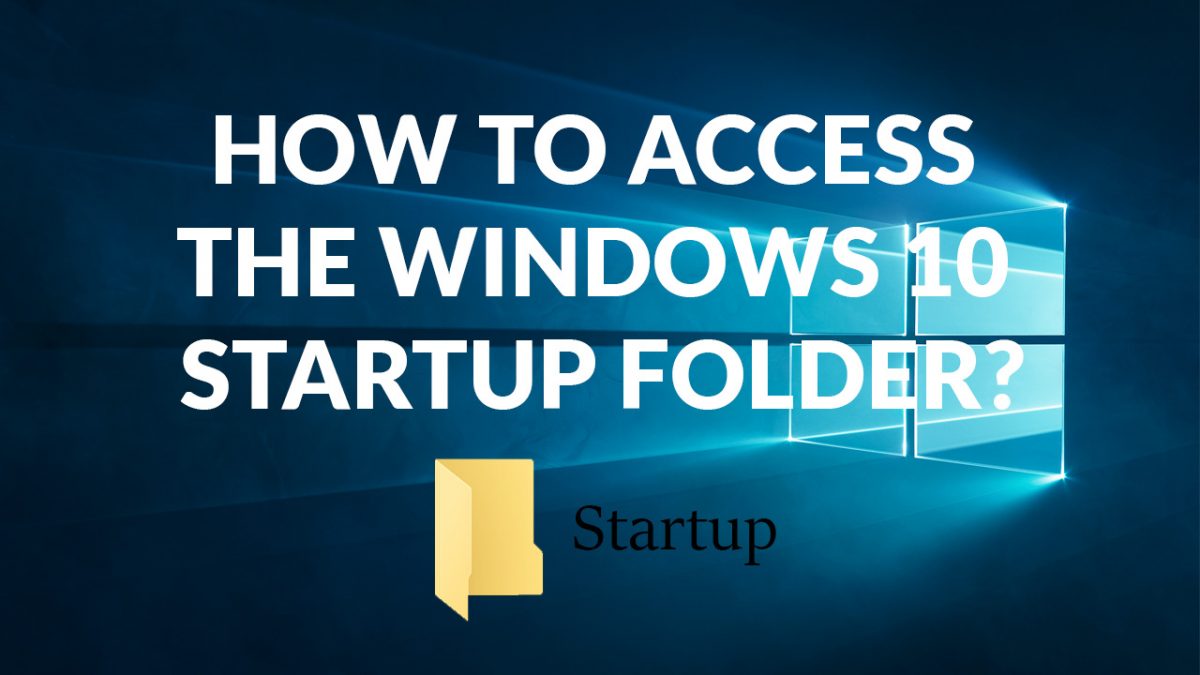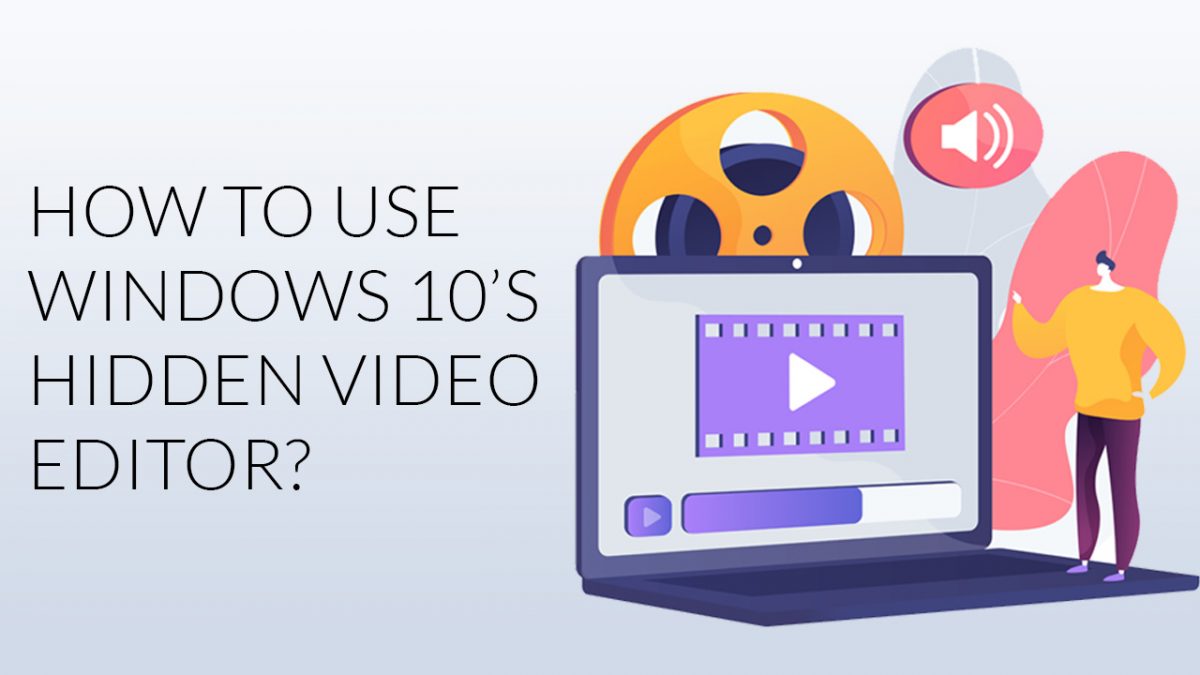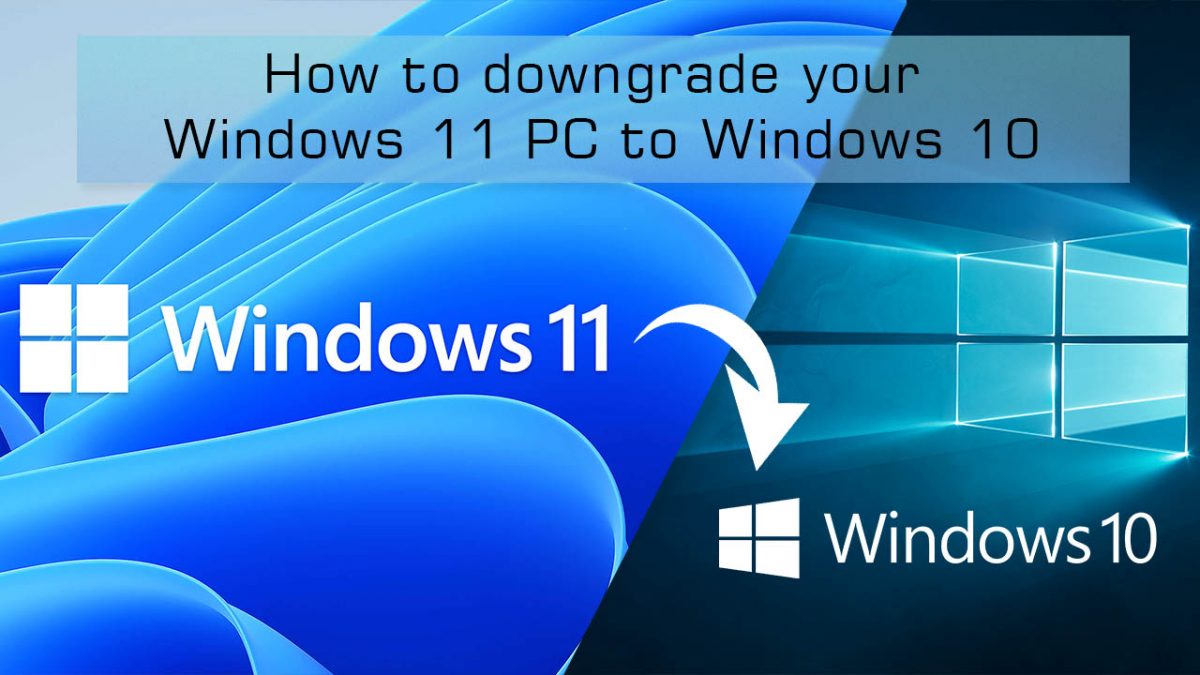Windows 10 blocks Potentially Unwanted Apps by default now

Microsoft has started to turn on the Potentially Unwanted Apps (PUA) protection of Windows Defender in the company's Windows 10 operating system.
Potentially unwanted apps "can cause your device to run slowly, display unexpected ads, or at worst, install other software which may be more harmful or annoying" according to Microsoft. Microsoft notes that these programs are not malware, but that it is usually software that is not needed or wanted.
The company introduced support for blocking PUA on Windows 10 in 2018, but users had to enable the feature using PowerShell; an option to enable or configure the protection under Windows Security was introduced in the May 2020 update for Windows 10. Still disabled at the time, users could now configure the protection under Windows Security on Windows 10 devices.
The Potentially Unwanted Apps protection will be turned on by default from August 2021 on, but only for Windows 10 users who use Windows Defender and not a third-party security solution.
Configure Potentially Unwanted Apps blocking

If you are using Windows Defender, you may check and configure the PUA protection in the following way:
- Select Start > Settings.
- Go to Update & Security.
- Select Windows Security.
- Activate the "Open Windows Security" button.
- Select App & Browser Control > Reputation-based Protection.
- Toggle Potentially unwanted app blocking to turn the feature on or off.
If turned on, select whether you want apps and downloads blocked, or just one of the two.
The same page links to the protection history. You may use it to see protection actions, including apps or downloads that were blocked by Windows' PUA protection.
Third-party programs like Configure Defender may also be used to manage the protection and other Windows Defender features.
Windows Defender is not the only program that may protect against unwanted programs. Microsoft added PUA protection in its new Edge browser some time ago.
Closing Words
Potentially Unwanted Apps protection blocks certain programs from being downloaded or installed. Users may still unblock the programs to complete the download or installation. False positives are a common occurrence, similarly to how false positives are common in antivirus solutions, especially when it comes to new programs.
Experienced users may not get much out of PUA protections, but the same cannot be said for inexperienced users.
Now You: do you have PUA protections enabled on your devices? (via Deskmodder)























Members of a truly captive audience, none of which can see a way out of their dilemma, welcome to castle Dracula, where the UN-dead are taxed just ONE pint of blood per month, and their adoration is mandatory, pending damnation for all eternity. Junkies held at ransom, how far does it have to go, before you say enough is enough? Choices slowly and progressively eroded as the grip tightens. Do you think that by loving your captors, things will get better? or is it just complacency and lack of strength, that will inevitably lead to a chaotic conclusion?
There are alternatives, as long as you have the courage and determination to take them. If you want this to change, the only language people like this understand, is to be deprived of your money, adoration and ownership. Get off your fat back sides and do something about it !
If not, then live with it, but stop complaining, because its your bloody fault for allowing it !
>If I get malware, perform clean install. Simple as that.
Often it’s not so simple. There could be rootkit(s) within the BIOS, controllers, NIC, etc. And the best malware is often the undetected. Hell, Windows itself collects and reports back enough for my opinion to be considered a rootkit.
This will be a major annoyance for anyone who downloads freeware. I have had many tagged like Process Hacker for one which is similar to Process Explorer but with extra features. You won’t find Microsoft blocking the tools they make but many that offer the same functions will be blocked. Very monopolistic of them. I turn it off on my machines but I could see new users benefiting. For everyone else though it will be an annoyance.
That’s why I don’t use any 24/7 hogging antivirus protection BS.
If I get malware, perform clean install. Simple as that.
true that…that’s what I do. Without any protection I been using Windows for 10 years now and no virus on my PC ever. I do a online scan once a month and that’s it.
It begins. Soon you won’t be able to turn this feature off and only allowed to install what Microsoft says its ok.
I.e. Monopolysoft
Neck and neck for last place with google, maybe this is why:
https://goomics.net/62/
Look at the other goomics, if you’ve never seen them, lots of “Oh, now I get it!”
Grow, grow, grow at the right time, eliminate competition and day to day management is rather irrelevant.
Defender’s going to block everything but MS Store apps and there will be a million links with info on how to turn off this feature, sending ad money to everyone but MS. Brilliant!!!!!
–> The Potentially Unwanted Apps protection will be turned on by default from August 2021 on, but only for Windows 10 users who use Windows Defender and not a third-party security solution. <—
There's the money shot. Use a third party AV program, like Eset, and I don't have to 'put up' with MS's nonsensical manipulating and resetting my configuration(s) of the OS. (Well at least some of it) !!
I just want no antivirus at all. Is there any dummy antivirus program to register as Windows protection, so it acts like i’m protected but really not because I don’t need anyone baby sitting my computer?
Anonymous,
Claws?
Really tiny and probably doesn’t do much of anything. Still exists for some reason. Good Defender Off Switch.
I use eset Nod32. It’s light, does catch things and has little to no speed hit.
Stay away from Internet Suites, they’re full of redundant features, a great recipe for slow downs.
There are tools like dControl to disable/enable Defender.
You can still use Defender as an on demand scanner by turning it back on, update rules, scan and turn back off until next time you feel like scanning.
Second that vote!
“Can cause your device to run slowly, display unexpected ads, or at worst, install other software which may be more harmful or annoying.”
Hysterical.
They just described Windows 10.
+1000
Great observation, Mr. Bobo!
The discussed functions were already on under 21H1 and Windows Defender per
Windows Defender Version 4.18.2106.6
Scan Engine Version 1.1.18300.4
Virus Definitions Version 2021-07-31 Rev 1.343.1999.0
I expect to see some computer savvy people to have a cry about this minor annoyance, but it’s definitely a good change.
Yes nothing like the minor annoyance of Windows nagging me to turn this on, ignoring my exclusion on top of that, and spamming notifications every single time I run my most definitely not unwanted app.
So… how long have you been working for Microsoft?